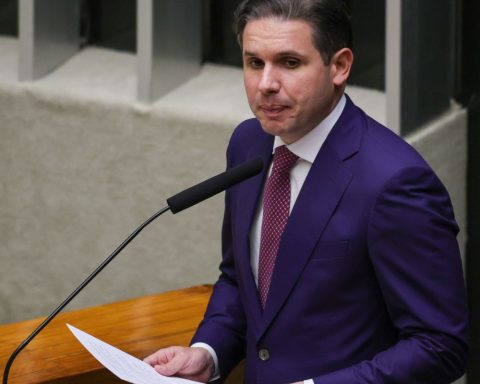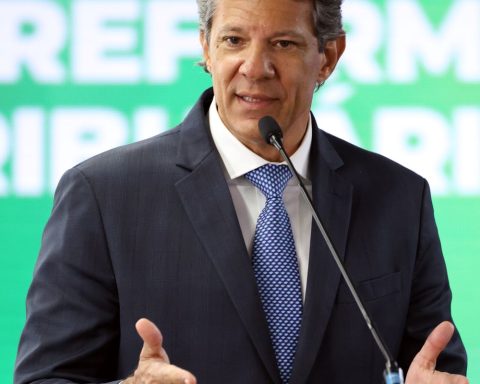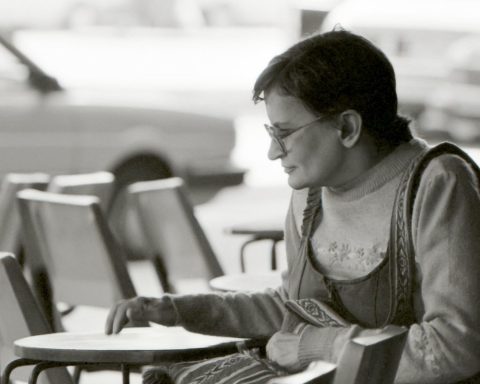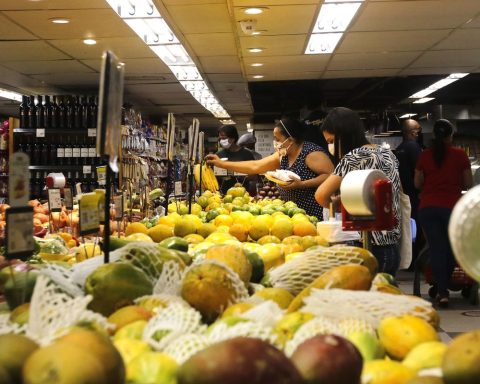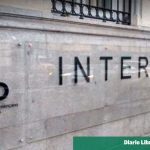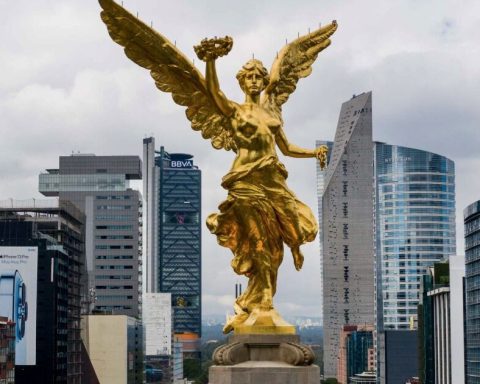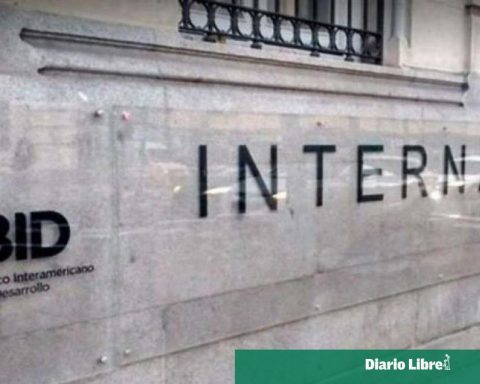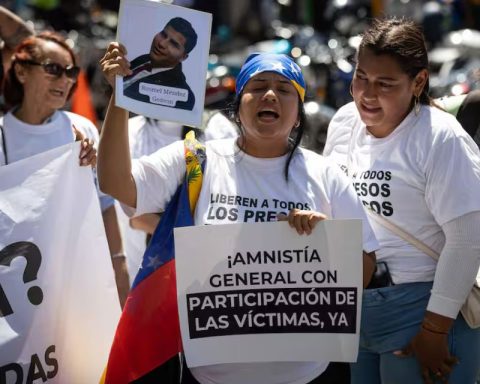The Brazilian economy began the fourth quarter with weakness in October, indicate data from the Central Bank, released today (14), signaling a slowdown in activity at the end of the year.
The BC Economic Activity Index (IBC-Br) recorded a 0.05% decline in October compared to September, showed the seasonally adjusted data for the indicator, which is a sign of the Gross Domestic Product (GDP – the sum of all wealth produced in the country).
The result was well below the expectation in a survey by the Reuters news agency for an increase of 0.50% and shows that the index has not registered a positive monthly rate since July.
The fourth quarter should be marked by the lagged impacts of the strong monetary tightening promoted by the Central Bank to fight high inflation and by the imminence of a global recession.
Thus, the president-elect, Luiz Inácio Lula da Silva, will take over as president in January against a backdrop of an expected economic slowdown, with which his finance minister, Fernando Haddad, will have to deal, informs Reuters.
Stagnation
The BC even worsened the result of the September IBC-Br to a stagnation, from an advance informed before of 0.05%. In August, the index fell by 1.13%
In comparison with October of the previous year, the IBC-Br increased by 3.68%, while in the accumulated in 12 months it increased by 3.13%, according to announced figures.
The Gross Domestic Product of Brazil lost more strength than expected in the third quarter of the year and grew 0.4%, according to data released by the IBGE at the beginning of the month.
But, even so, it marked the highest level of the historical series, starting in 1996, driven once again by the service sector in the midst of a still robust demand on the part of families.
In October, the highlight was the 0.6% drop in the volume of services, interrupting a series of five months of increase and lighting a warning signal.
Brazilian industrial production increased by 0.3% in the month, but the result did not offset the drop in the previous two months. The positive highlight was retail, with an increase in sales for the third consecutive month, of 0.4% in October.
“In our assessment, the loss of dynamism of all major segments reflects the effects of the contractionary monetary policy on the Brazilian economy. We believe that this trend should continue to be observed in the coming months, given the higher cost of accessing credit and the increase in the level of default in a context of increased uncertainties surrounding the conduct of the economic agenda during the next government,” said the company Genial Investimentos, in a note.
Aid measures
At the end of the year, the improvement in the labor market and government aid measures adopted earlier favor the economy. But, while fiscal policy was more expansionist, monetary policy seeks to cool down the economy with high interest rates, currently at 13.75% per annum.
“On the one hand, the fiscal stimuli and the seasonality at the end of the year should provide breath for economic activity in the short term. On the other hand, the maintenance of interest rates at a high level and the increase in uncertainties surrounding the new elected government should put pressure on the economy”, said Felipe Sichel, partner and chief economist at Banco Modal.
He maintained the GDP growth projection of 3.2% for 2022, but now added a downward bias.
The Central Bank has been sending messages to the elected government, saying that there is high uncertainty about the future of the country’s fiscal framework.
The Ministry of Economy forecasts growth in economic activity this year of 2.7%, going to 2.1% in 2023, while the market estimates expansion of 3.05 and 0.75%.
??Reproduction of this content is prohibited.

